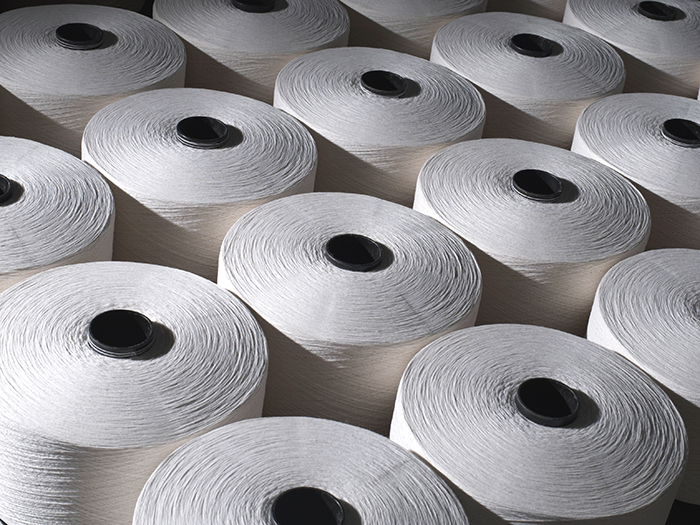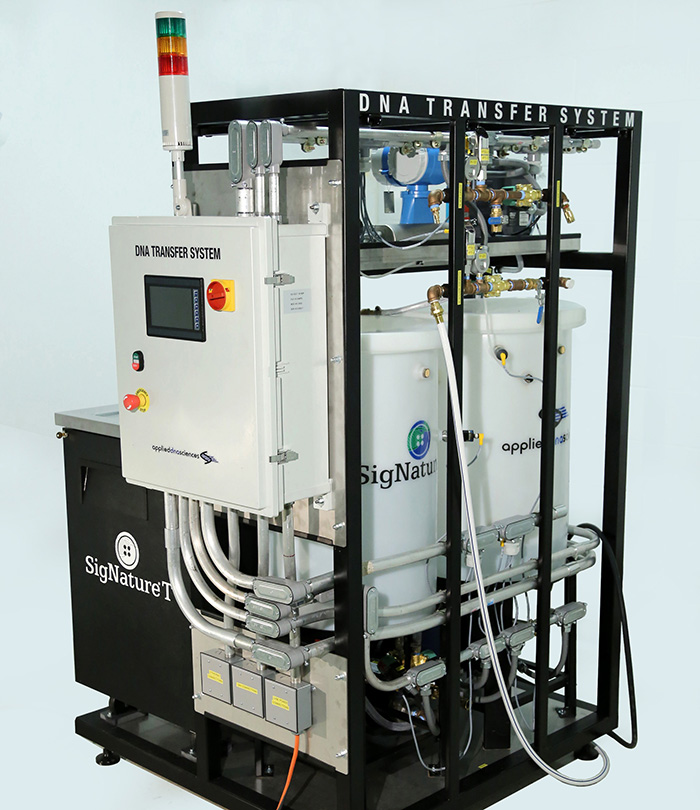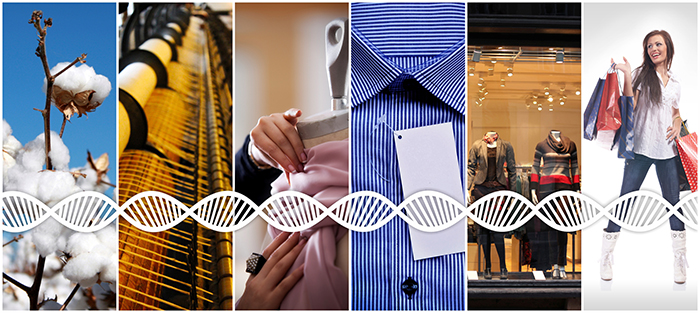More

Purpose/Impact
Applying DNA tags during the cotton-ginning phase by spraying on an aqueous solution allows the fiber to be tracked and authenticated throughout the entire supply chain: from the raw fiber stage through the yarns, the dyeing, the finishing, and the manufacturing, all the way to the retail shelf. By letting us identify cotton fibers from farm to finished product, DNA tagging renders the supply chain transparent, letting you know the actual provenance of the cotton you’re buying. So you can know it’s organic, or if it’s made ethically in America versus made in another country with unjust labor practices. This technology will also help combat counterfeiters by allowing the consumer to verify the quality of a cotton garment.
Outcomes/Accomplishments
The results of the study were published in the September/October issue of AATCC Review, the magazine of the American Association of Textile Chemists and Colorists.
The Department of Homeland Security worked with Cormier to organize a conference at FIT, raising awareness about the U.S. government’s efforts to end forced and child labor in other countries. DNA tagging could be used by overseas cotton producers to prove that their fiber was grown and spun ethically.
In addition to the work from labeling material sources, Professor Cormier is also leading the teaching of our students on cutting-edge techniques for denim development. Until recently, all denim jeans were sandblasted by hand and then washed with chlorine bleach during manufacturing. But now laser engravers do the sanding—and they don’t require the denim to be washed. In manufacturing and sustainability practice terms, this adds up to a savings of about 80 trillion gallons of water every year.


Status Update
With the goal of expanding the testing to other materials, the next step in the DNA tagging program is to test cashmere and other premium fibers whose provenance is essential to gauge their value. The group will also be looking at recycled polyesters because it costs more to recycle polyester than it does to make it from scratch. So tracking the origin of polyester through the supply chain is one more way to keep us ethical and honest.



